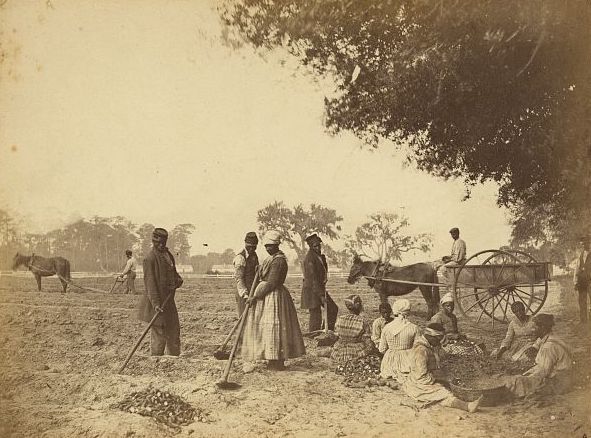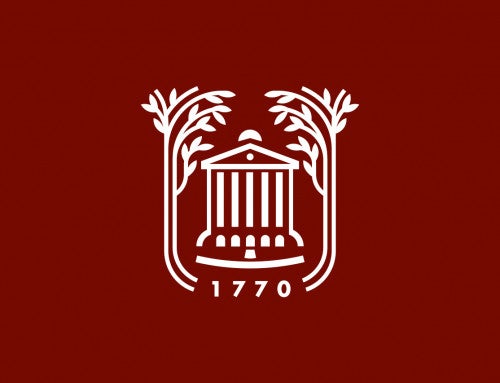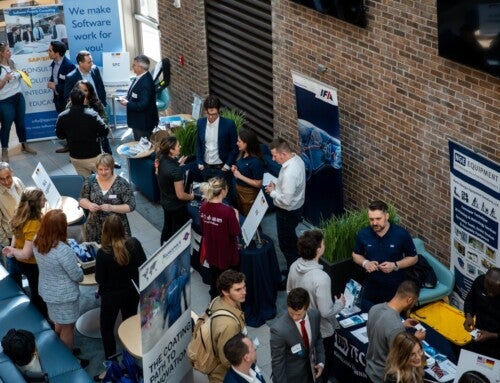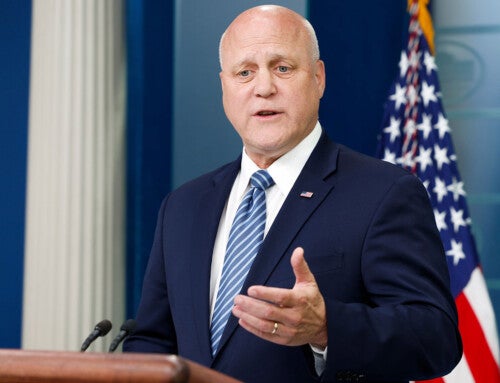The International Conference on Romanticism (ICR), which aims to further the study of Romanticism across linguistic, national and political disciplines, takes place this week in Charleston, from Oct. 14-16, 2021. The theme of the conference, of which the College of Charleston is a sponsor, is “bonds,” with discussions on bonds occasioned by race, social or familial bonds, creative bonds, globalization and imperialism, political bonds, bonds between literary periods, current-day bonds to the Romantic era and more.
College of Charleston English professor Kathy Béres Rogers, ICR conference chair, has curated two events that will be live streamed and open to the public thanks to a grant she received from the South Carolina Humanities. Numerous CofC departments and programs are sponsoring ICR events including the Carolina Lowcountry and Atlantic World Program; Department of English; School of Humanities and Social Sciences; International Studies Program; Latin American and Caribbean Studies; School of Languages, Cultures, and World Affairs; Film Studies Program; Department of French, Francophone, and Italian Studies; Department of German and Russian Studies; Department of History; Department of Philosophy; and the Women’s and Gender Studies Program.
The following lecture and film are free and open to the public to watch via YouTube:
Thursday, Oct. 14, 5:30 p.m.
Charleston Bound: Encountering Ties between the City’s Past and Present
Link: https://youtu.be/ppqI6T5inYo
In Charleston, where a popular romantic imagination is all too often put to work in the whitewashing of history, scholars of Romanticism can bear witness to the real and material conditions that, as Debbie Lee contends in Slavery and the Romantic Imagination (2002), lie at the roots of Romantic discourse on freedom and revolution. During the late eighteenth to mid-nineteenth century, the years associated with Romanticisms across the globe, Charleston was known as the capital city of slavery. Approximately 40% of enslaved Africans brought to the United States were bound for Charleston. The white, upwardly mobile and elite population that inhabits the peninsula today is inversely almost matched by the number of black people living in bondage here in the 1790s. Charleston is marketed to thousands of tourists annually as a romantic destination of stately homes, garden walls and ornate iron gates. The historical truth: that these very features were built by enslaved artisans, erected to enclose work yards and to house minority whites who thrived off the economy of slavery, remains excluded from many city landmarks. This panel brings scholars and community members together to encounter the bonds between present day Charleston and the city’s past.
Moderator: Bernard Powers, director of the Center for the Study of Slavery in Charleston, College of Charleston
Panelists:
Christina Butler, professor of historic preservation, American College of the Building Arts, Charleston
Shannon Eaves, assistant professor of history, College of Charleston
Rhoda Green, director of the Barbados and Carolinas Foundation
Harlan Greene, author, chair of the City of Charleston’s Historical Commission, scholar in residence, Addlestone Library at the College of Charleston
Joe Kelly, professor and director of Irish and Irish American Studies, College of Charleston
Felice Knight, assistant professor of history, The Citadel
Friday, Oct 15, 6:45-8 p.m.
Film Screening, The Bespoke Tailoring of Mister Bellamy (17 min) Link: https://youtu.be/6G5RPsnI6pc
A discussion will follow with the movie’s star, Stan Brown, the W. Rockwell Wirtz Professor and Director of Graduate Studies of the MFA in Acting program, Northwestern University.





